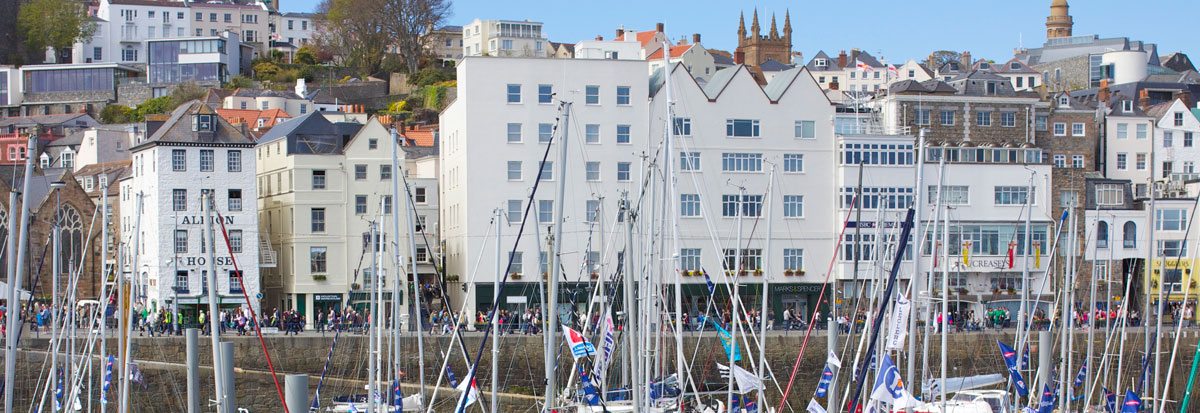In many ways people who identify as Lesbian, Gay, Bisexual, Transgender or Questioning (LGBTQ) are treated as second class citizens in Guernsey, Jersey and neighbouring islands of Alderney and Sark. Some may disagree with this statement, but there is no doubt LGBTQ people do not enjoy the same rights and freedoms as our heterosexual or “straight” contemporaries. Consider these facts:

- LGBTQ people are unable to marry or enter into any form of recognised civil partnership, except in Jersey which introduced its Civil Partnership Law in 2012 – ACHIEVED – Policy change December 2015
- LGBTQ people are treated differently under the Income Tax Law in Guernsey when it comes to submitting annual tax returns – ACHIEVED – Policy change December 2015
- LGBTQ people in Guernsey, Alderney, Sark and Herm are treated differently under the Income Tax Law when it comes to submitting annual tax returns – ACHIEVED – Policy change December 2015
- Transgender people are unable to have gender reassignment surgery funded by the States of Guernsey. Instead they have to fund it privately – ACHIEVED – Policy change May 2014
- There is no “umbrella” law outlawing discrimination on gender, race, religious belief, disability, sexual orientation or gender identity
- There are no laws in place regarding hate speech or hate crime
- Blood donation by practicing homosexual men is not permitted
Liberate actively seeks reform in these and other areas of legislation and policy through dialogue with government and departments.
Liberate believes that one day we will all be treated equally under the law, no matter what our gender, race, religious belief, disability, sexual orientation or gender identity.
There are many benefits to an inclusive society. Laws which tackle discrimination send out a clear signal that discrimination is not acceptable. It protects those who are otherwise vulnerable, as it makes them feel valued and that they make a contribution to the fabric of our society. Furthermore it promotes their mental and physical wellbeing.
Statistically, LGBTQ people are recognised to be twice as at risk of self harm, substance misuse, depression, anxiety or suicidal feelings. This can be due to discrimination, rejection and/or isolation, within their immediate circle of family and friends, bullying or harassment at school or in the workplace, rejection by faith communities, etc. By adopting such laws and policies which challenge discrimination, a society helps to reduce that risk. Until LGBTQ people receive those same rights and freedoms, they will remain second class citizens.
